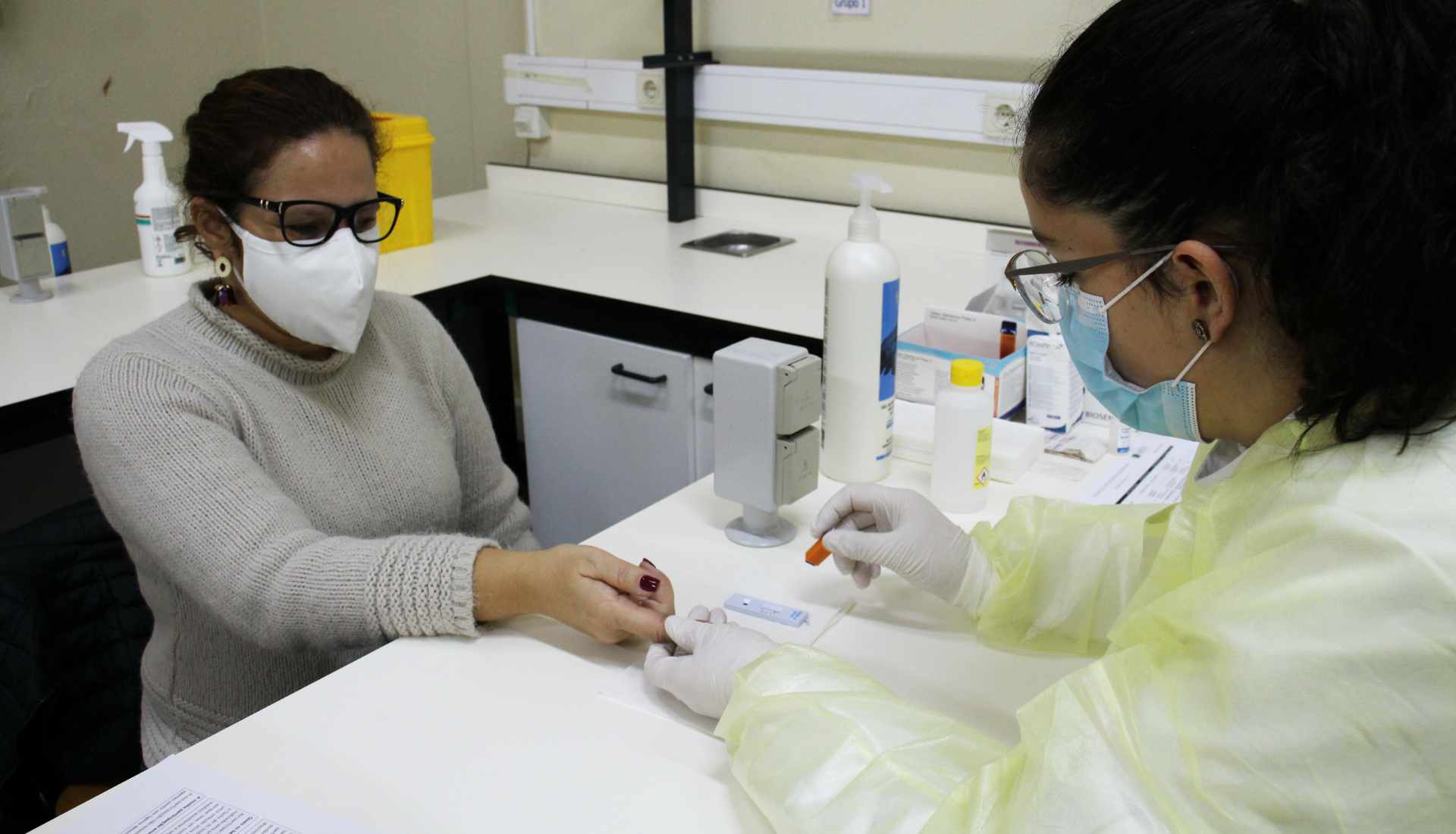The Association of Schools of Public Health in the European Region (ASPHER), in collaboration with the Instituto de Saúde Pública da Universidade do Porto (ISPUP), published a report that reviews the existing literature on the accuracy of tests for SARS-CoV-2 infection, the cause of COVID-19.
The report, entitled COVID-19 testing: A reflection on test accuracy in the real world, addresses the performance of molecular and serological tests, existing concerns and uncertainties about the interpretation of results, and is intended to be of use to health professionals and policy makers.
Although tests tend to be fairly accurate under laboratory conditions, their performance in the ‘real world’ is not known and may not exactly match the level of laboratory accuracy.
For this reason, the literature review sought to understand what the actual performance of the tests (sensitivity and specificity) is in the population and its implications.
The two types of tests currently available for COVID-19 detection were considered: molecular tests, which detect the presence of genetic material from the virus and are used for the diagnosis of the disease; and serological tests, which detect specific antibodies to the virus and are used to identify whether there has been previous exposure to the virus.
Among several aspects mentioned in the report, attention is drawn to the proportion of false negatives among the results of molecular tests (that is, the individual has the infection but the test result is negative).
Estimated sensitivity of 89% for RT-PCR test
A meta-analysis cited in the paper estimated the combined sensitivity of RT-PCR to be 89%. This means that 11% of the tests could be false negatives. The proportion of false negatives varies according to the exudate tested, the severity of the disease and the time since onset of symptoms.
Note that admitting individuals who have tested false negative into society may open an opportunity for the virus to spread to susceptible people.
Studies on the accuracy of serological tests are still scarce
As far as serological tests are concerned, studies on their accuracy are still scarce. At the moment, the World Health Organisation does not recommend them for clinical use. At a population level, these tests make it possible to understand the extent of the population that has been exposed to the virus and to adjust public health measures.
It should be stressed that it is imprudent, in the light of current knowledge, to speak of an “immunological passport” since the temporal dynamics of the antibodies is not yet clear and we do not know if the antibodies produced are neutralizing, i.e. if they confer any degree of protection against reinfection.
You can consult the report HERE and the ASPHER Statement HERE.



